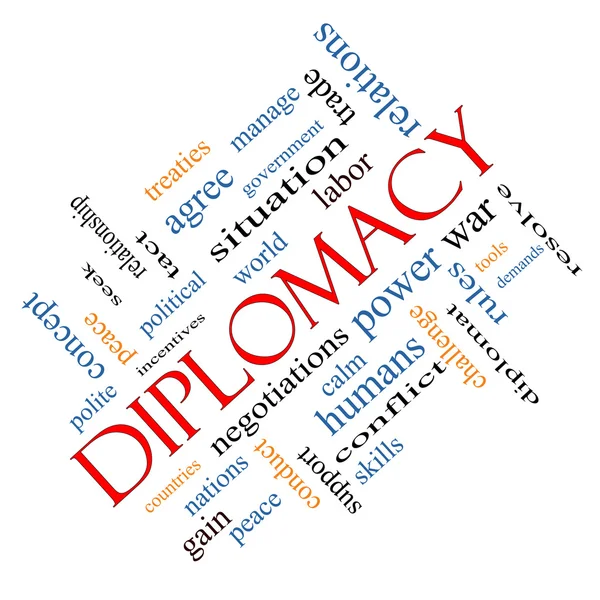
Big and small dramas that occurred during President Yun Seok-yeol's tour of the UK, US, and Canada last month have provoked a political clash between the ruling and opposition parties. The Democratic Party, arguing that the president's tour ended in a diplomatic disaster, passed a proposal to dismiss the Foreign Affairs minister holding him accountable.
On the other hand, the ruling camp, including the presidential office, accused the media of damaging the national interest by distorting the president's private remarks, and accused MBC, where the first report was published, of defamation. This seems to be based on the perception that the Democratic Party should not be pushed because the Democratic Party is carrying out a political offensive with the cooperation of the media.
There is a saying that 'Politics ends at the water's edge. [Politicians should always present a united front to other countries] In 1947, Arthur Vandenberg, chairman of the U.S. Senate Foreign Relations Committee, emphasized the importance of a bipartisan approach to diplomacy. This means that the political conflict should end at home. A leading Republican politician, he was an isolationist in foreign policy, but actively supported internationalist diplomacy, working closely with the Democrat Truman administration at a time when the United States sought an international role in the post-World War II counter-communist threat. Based on the bipartisan cooperation in Congress, the United States was able to pursue important policies such as the creation of NATO, and furthermore, it was able to establish a liberal international order.
Of course, as political polarization deepens in the United States, a bipartisan approach to diplomacy is increasingly difficult to find, and blind factionalism in politics continues to intensifying instead. The United States may be able to take comfort in saying that it is not our only problem, but it is hard to forget that we are in a much more difficult environment than the United States in diplomacy.
As North Korea seeks to upgrade its nuclear armament, inter-Korean dialogue is completely cut off, and the Korean Peninsula is moving away from the primary interest of the United States due to the Ukraine war. As the US-China competition intensifies, our diplomatic position is narrowing, and even the possibility of a military conflict over the Taiwan Strait is being discussed.
In addition, there are economic difficulties such as the super-strengthening of the dollar, called the “king dollar,” increasing inflationary pressure, weakening of the free trade order, and supply chain reorganization. In addition, new agendas following climate change, health and quarantine, and the 4th industrial revolution are expected to influence the future competitiveness of the country, so an urgent diplomatic response is required.
Diplomacy that focuses on political relations with major powers, is not enough. Even a small country that is geographically far away from us has rare minerals and resources, and if there is even a small market, we should actively strengthen our relationship. Public diplomacy, science and technology diplomacy not only with the governments of other countries but also with private companies and organizations are important. All-out diplomacy is necessary in all directions and on all levels, but the politicization of diplomacy only hinders this. Excessive focus on short-term performance and peripheral emotion-provoking issues, while neglecting the essential task of diplomacy.
The people's minds are very uncomfortable looking at the recent situation in which a sharp political battle is taking place over the subject of the President's tour diplomacy. The approval rating for President Yoon Seok-yeol, who had shown a slight upward trend, fell back to the 20% level right after the tour. That's not to say the Democrats' approval rating has risen. In the presidential election in March, voters' choices were made based on 'who do you hate less', and our politics has not been able to escape from that trend. Isn't it time to break free from the practice of bringing everything into politics, including diplomacy? The international situation we are currently facing is not one in which Korea has the leisure to ignore.





